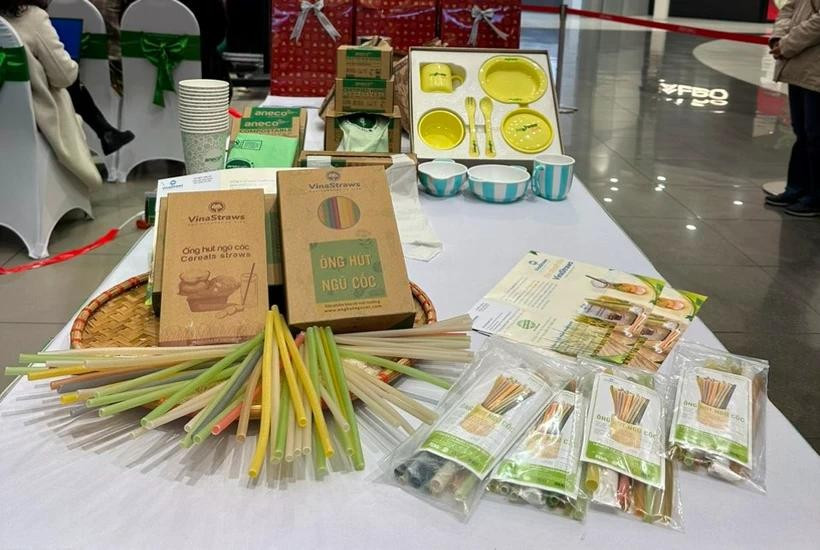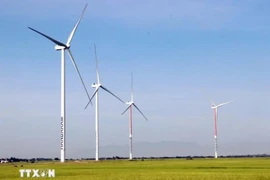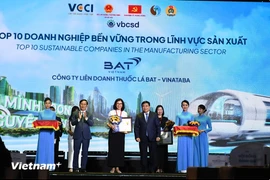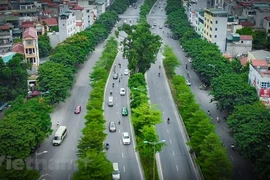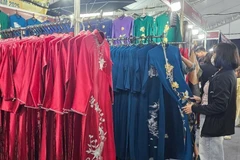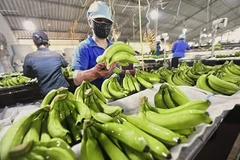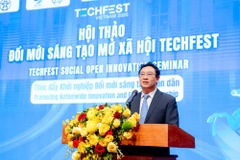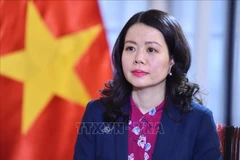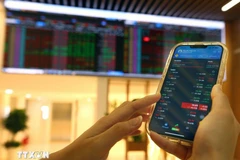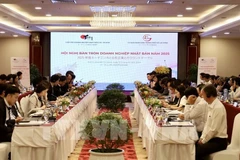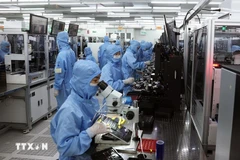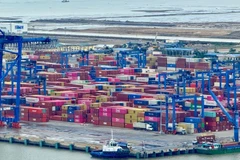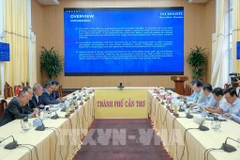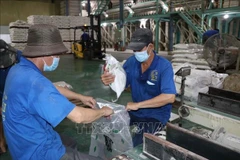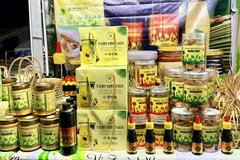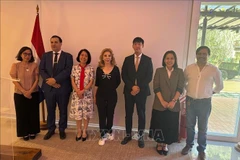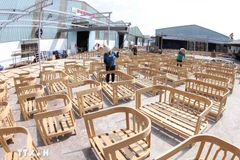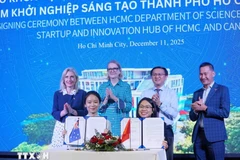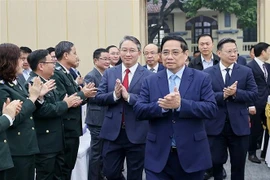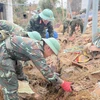Hanoi (VNA) – Adopting a circular economy is advantageous as it helps manage waste, make efficient use of resources, protect the environment, cope with natural disasters, and assist in the response to climate change. The business community needs to implement circular, green, and low-carbon economic initiatives, helping to achieve the Sustainable Development Goals by 2030.
This was the main message issued at the Vietnam Circular Economy Forum 2024, held by the Ministry of Natural Resources and Environment (MoNRE) in Hanoi on December 10.
Circular economy development prioritised
MoNRE Deputy Minister Tran Quy Kien noted that the world is facing the severe impact of the climate crisis and environmental pollution. At the 29th UN Climate Change Conference (COP29), themed “In Solidarity for a Green World”, heads of states, scholars, and international organisations discussed slashing greenhouse gases to strive toward net zero emissions by 2050.
As an active and responsible contributor to the climate change fight, Vietnam has drafted and promulgated many mechanisms and policies for promoting green transition and green growth, he said.
Developing a circular economy has been identified as one of the top priorities of the Vietnamese Government. It has also been included in development strategies, programmes, and plans of all localities, according to Kien.
Therefore, he added, implementing a national action plan on developing a circular economy will promote innovation and productivity improvement, encourage a green lifestyle, create green jobs, and develop new value chains in the circular economy.
Forming path of green transition
Kien emphasised that building a circular economy is a responsibility of the entire society, from ministries, sectors and localities to organisations, businesses, and individuals. Given this, the State should facilitate financial sources, research & development, technology transfer, equipment production, and manpower training. The Government should also provide data on the circular economy for domestic businesses while creating momentum and conditions for transitional processes.
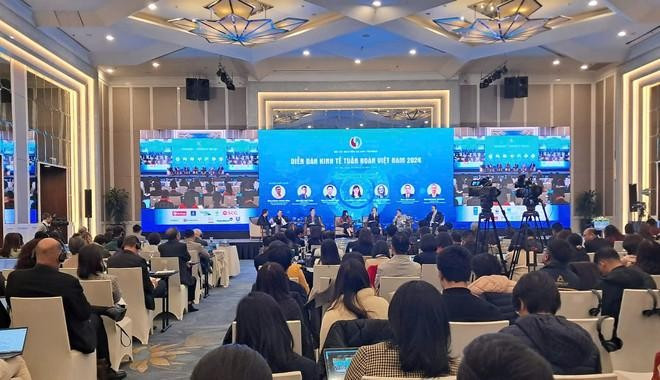
In particular, the official went on, businesses play a pioneering role in boosting innovation and adopting circular economy models to shape more circular value chains.
Promoting innovation will help with the development of a circular economy in Vietnam, resolving the relationship between economic growth and environmental protection, he opined.
The Deputy Minister called on organisations, households and, especially, the business community to show active engagement in the implementation of circular, green, and low-carbon economy initiatives, helping achieve the Sustainable Development Goals by 2030.
In its efforts to develop a circular economy, the country has been supported by international partners to deal with challenges such as natural resources depletion, environmental degradation and pollution, and climate change impacts.
It also hopes to continue receiving the international community’s assistance in building policies and laws related to the circular economy, technology transfer, manpower training, and communications, he added.
At the forum, Ramla Khalidi, Resident Representative of the UN Development Programme (UNDP) in Vietnam, gave several recommendations to help the country accelerate the transition to a circular economy.
Domestic and international participants also discussed the path of transition, along with ways to promote a comprehensive institutional framework for the circular economy in ASEAN./.
